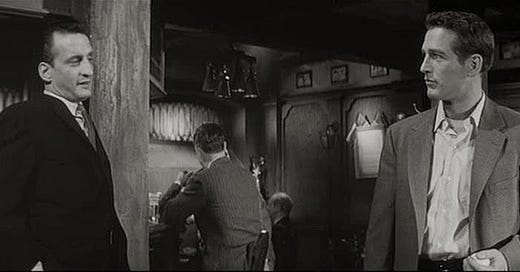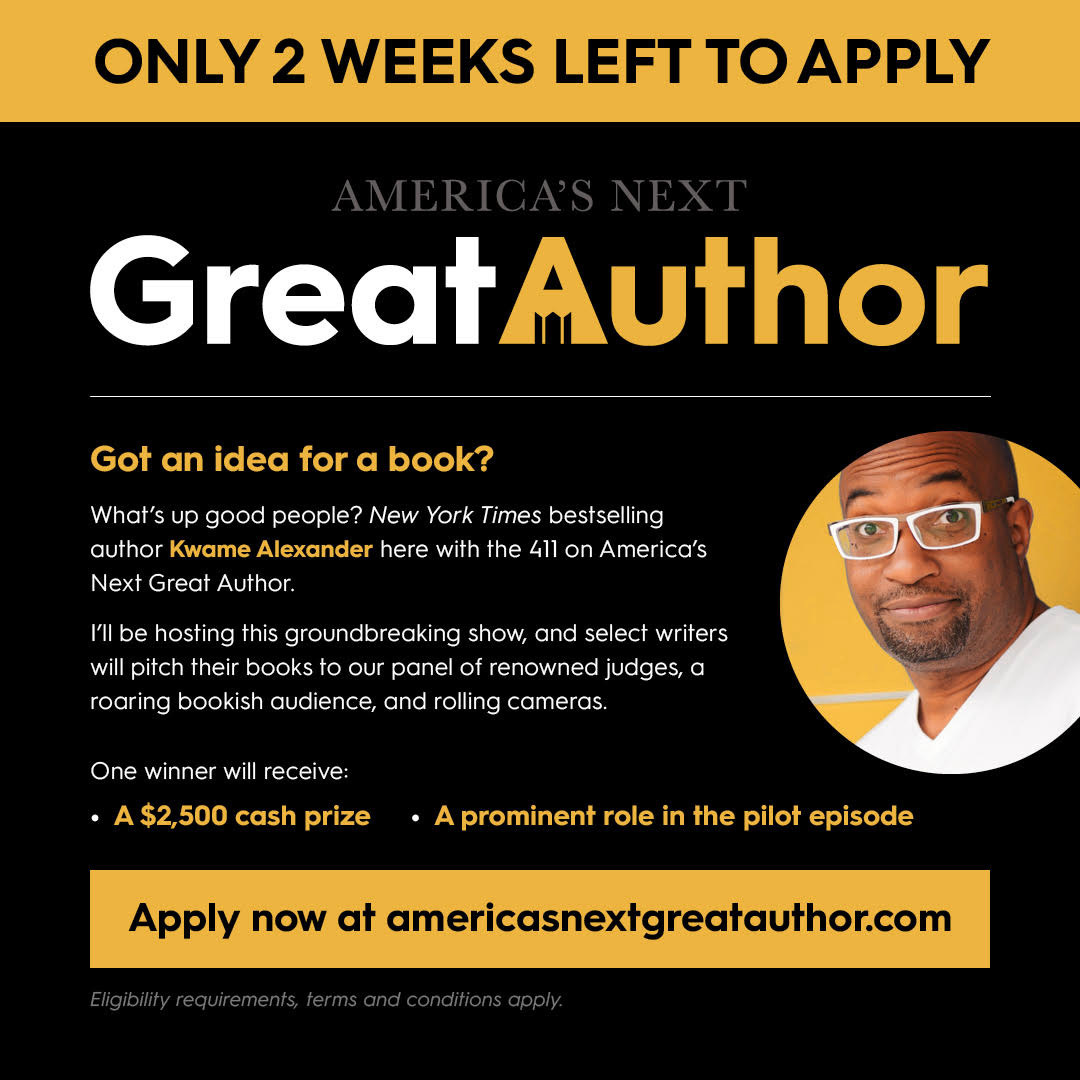I wasn’t supposed to be in first place. I’d never been in first place that late in a cross-country race. Perhaps I’d never been in first place in a race at all. But there I was, suddenly in the lead, with just a mile or so to run, and I wasn’t tired or struggling. No, I ran in a way that can only be described as triumphant. I had a burst in my step, an assertion in my stride.
But as I turned the final corner for the home stretch, I felt another runner just behind me. I started my kick, but in the crowd of people lining the final 100 yards, I didn’t quite know where the finish line was, so I held back ever so slightly. Right at the finish line, the runner behind me passed me to win.
That runner would eventually go on to win the state high school championship that year. I’d go on to wonder why I didn’t win that race. It’s something I’ve actually thought about my entire life because the race feels symbolic of so much more. I’ve wondered if I am a second-place finisher by nature, circumstance, choice, fate, all of the above.
There are actually many reasons I lost. Yes, I didn’t know where the finish line was, so a lack of preparation hindered me. That was in part because I had a lack of coaching, or no coaching, rather, so we didn’t scope out the course ahead of time, and our training regimen left much to be desired (in fact, we were on our own, so it left everything to be desired).
To make matters worse, we often went out the night before a race and got drunk, because we were stupid teenage boys growing up in a drinking culture, essentially in training to be alcoholics as much as anything else.
But the real reason I lost, I think, is that I didn’t know how to win. I’d never been in first place, so I didn’t think of myself as a first-place runner, no matter all of the fantasy races I ran in my head where I won dramatic finales. So I ran that final stretch not looking for a way to win, but expecting to lose.
The odd thing about winning is that it takes practice. You have to learn how to win. That’s why you see so many teams or athletes who make it to a championship for the first time lose in the final minutes. Even at the professional level. Finishing strong, with confidence, with unyielding purpose, takes a lot of losses to learn from. And then more.
A scene from the movie The Hustler has always haunted me. Fast Eddie, played by Paul Newman, is wiping the pool table with Minnesota Fats, played by Jackie Gleason, but at one point in their match, things pivot. Fast Eddie plays arrogantly, recklessly, drunkenly, and loses. Bert Gordon, played by George C. Scott, dresses him down afterward:
Bert Gordon: Eddie, you're a born loser.
Fast Eddie: What's that supposed to mean?
Bert Gordon: First time in ten years I ever saw Minnesota Fats hooked... really hooked. But you let him off.
Fast Eddie: I told you I got drunk.
Bert Gordon: Sure you got drunk. You have the best excuse in the world for losing; no trouble losing when you got a good excuse. Winning... that can be heavy on your back, too, like a monkey. You'll drop that load too when you got an excuse. All you gotta do is learn to feel sorry for yourself. One of the best indoor sports, feeling sorry for yourself. A sport enjoyed by all, especially the born losers.
What does all of this have to do with writing?
I have a theory: most people are really good at underestimating themselves. Most of us don’t truly see ourselves as winners, so we don’t dig deep enough to maintain our kick all the way to the finish line. As Bert Gordon says, we get good at making excuses for ourselves or feeling sorry for ourselves, so we expect to lose, even when we’re in the lead. It’s imposter syndrome, which spreads like kudzu. It’s “other people” who are supposed to write books and get published, not us.
Writers are especially susceptible to imposter syndrome because writing is such a minefield of self-doubt. The worst thing about imposter syndrome is that it can hamper your creative drive and prevent you from putting your work into the world—or putting your work into the world with the full vigor of your voice. You squelch the verve and moxie necessary to push creative boundaries by telling yourself you’re not good enough to be so daring. You don’t risk failure. You don’t experiment. You play it safe.
There’s an irony to The Hustler, though. There’s a different kind of winning that people like Bert Gordon don’t know how to see, a kind of winning that comes from knowing losing, a winning of the soul. Call it the existentialism of finishing second. That’s why The Hustler is such a great movie—we get to see Fast Eddie grapple with himself as a loser and also understand the dark side of Bert Gordon’s style of winning.
Second place holds the drama because it holds anguish. Second place is where the more interesting story resides. It requires a reckoning, a self-examination. So I now don’t mind losing the race that day. It put me in a more interesting spot: the one who almost won tends to know more about life than the one who won.
But I also don’t want to indulge in a losing mindset. I’m not happy with most of my second-place finishes (especially as I get older). I know that losing can become a pernicious habit, and I’d rather make winning a habit. Because so many people win who don’t necessarily deserve to. And why let the Bert Gordons of the world have the final say in who gets to be a winner?
Because you should go for it
Submit your story. Why not? What do you have to lose?
I’m an Executive Producer of this show, and it’s going to be fun.
Because a writing prompt (and writing a letter)
This one comes from Sejahl Shah:
Many essays, stories, and poems I’ve written are letters to people I have loved or people who haunt me—these are letters I am unable or unwilling to send. “Thank You,” is one of those letters.
Write a letter that you can never send or will never send—to someone with whom you are not in touch, or who has passed, or to whom the ability to speak at a certain level or pitch has faded. Who are the people who haunt you and what would you say that you never had a chance to say, if you could say it? A brief essay in the form of a letter, a direct address, a wish.
Because a quote about writing letters
“A letter always seemed to me like immortality because it is the mind alone without corporeal friend.”
― Emily Dickinson
Do you want a love letter?
Especially from a writer like E.J. Koh? E.J. set out in 2016 to write 1,000 love letters. She’s written 500 of them. If you’d like a letter, contact her.
I love E.J.’s writing. I know her from talking with her on Write-minded.
Because more about me
I am the Executive Director of National Novel Writing Month, the co-founder of 100 Word Story, and an Executive Producer of the upcoming TV show America’s Next Great Author. I am also the author of a bunch of books and the co-host of the podcast Write-minded.
My essays on creative writing have appeared in The New York Times, Poets & Writers, Lit Hub, Writer’s Digest, and The Writer.
For more, go to grantfaulkner.com, or follow me on Twitter or Instagram.








So. well. said. You articulate truths that resonate. One of my recollections while reading this was that once upon a time when I watched the earliest few seasons of 'Survivor' my choices for the winners all came in second. They were slightly less ruthless and more self-aware, and I began to think of 'second place' as the 'true winner' because their moral compass was working better than the first-place finisher.
What we truly need in this society is more people being lauded for their 'winning' attributes that are worthy of attention, publication, and prizes. We need a collaborative model wherein each person is praised for their efforts, process, promise, product, instead of an elimination model that finds 'one' top-best-above-the-rest. Exclusion sucks.
Inclusive narrative awards written about participants in a competition will place the burden on judges instead of focusing our attention on the ways in which people 'lack' what it takes to meet the judges' standards.
Reading this made me realize that I've migrated to not keeping score. Place, to me, matters not. Not at 62. My company posts a "Leader Board" for sales success and I've never looked at it; not once. How I rate does so little to boost happiness or any other metric that matters to me.
I'm a big pickleball player but I have no interest in tournaments. All my friends can't believe it but it just doesn't appeal. I've stayed competitive and will fight to win a game with the best of them. But it's the game itself, not my place.
But I know it does to you, Grant, and probably to most others. (It's so American) I'm reminded of your piece on your "steps" goal. So good, I guess we are all different.